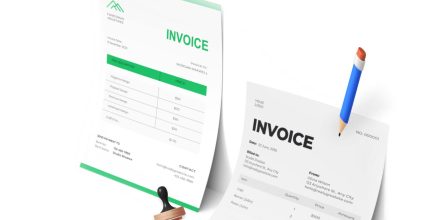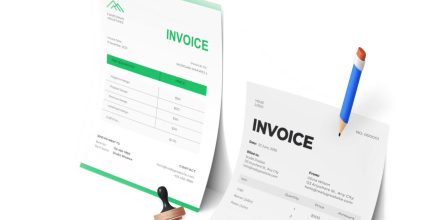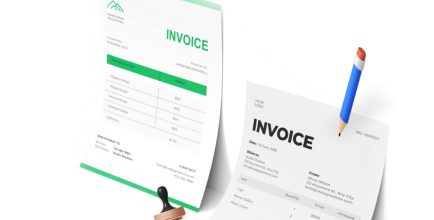Understanding Government Contracting: Prime and Subcontracting Explained
In the realm of government contracting, enterprises can engage in one of two roles: as a prime contractor or a subcontractor. Prime contractors are those who bid directly on contracts posted by federal agencies, taking on the main responsibility for the project’s completion.
On the other hand, subcontractors are typically hired by prime contractors to perform specific tasks or components of the larger project. Subcontracting opportunities are usually smaller in scale but can provide valuable experience and exposure to the governmental contracting environment.
Every small business provided it follows the necessary regulations and guidelines, is eligible to register as a government contractor. By understanding the requirements and complying with the established rules, small enterprises can position themselves to bid on—and possibly secure—contracts with various government bodies without undue difficulty.
The Advantages of Government Contracting for Small Businesses
Becoming a government contractor opens up a realm of opportunities for small businesses. The U.S. Government, which annually allocates around $500 billion towards contracts, actively aims to direct 23% of this substantial expenditure towards small enterprises. This commitment underscores the government’s priority to stimulate small business growth and development.
Furthermore, the administration is dedicated to fostering diversity within its contractors. Small businesses that are minority-owned, including those owned by individuals who are Black, Indigenous, People of Color (BIPOC), or women, receive dedicated support and encouragement. This focused approach means that if your business falls into one of these categories, you might find it easier to compete for and secure government contracts.
Another distinct benefit of working with the government is the transparency and predictability it offers. Unlike private sector clients, the U.S. government is obliged to make its budget for certain sectors publicly available, offering a unique advantage for planning and submitting competitive bids.
Resources like the Office of Management and Budget’s website provide critical insight into government spending, enabling small businesses to tailor their proposals more strategically. This level of openness aids small enterprises in crafting bids that are well-aligned with government needs and budgetary considerations, significantly enhancing the likelihood of selection.
How to Register for Federal Contracts: A Simplified Guide
Step 1: Obtain a DUNS Number
To begin, your business must acquire a DUNS number, a nine-digit identifier provided by Dun & Bradstreet. This unique ID corresponds to your business’s physical location. The application will request specifics such as your business’s contact information, address(es), and its legal entities. Home-based businesses need not worry – they are also eligible for a DUNS number. Obtain your DUNS number through the official Dun & Bradstreet website.
Step 2: Identify Your NAICS Code
Your next step is to locate the NAICS (North American Industry Classification System) code that corresponds to your industry and services. This system is how the federal government identifies and classifies the wide array of businesses and services it might contract. You can find the appropriate NAICS code for your business by consulting the comprehensive list available on the NAICS website.
Step 3: Confirm Your Business Size Eligibility
The Small Business Administration (SBA) applies specific criteria to define what constitutes a small business. These criteria can include factors such as the number of employees, the size of your premises, and, in certain cases, your revenue. To determine whether your business meets these criteria, use the SBA’s size standards tool available on their website.
Registering with the System for Award Management (SAM)
With the above steps completed, you’re ready to register with the System for Award Management (SAM). This is an essential stage in becoming a federal contractor. You can complete your SAM registration online, which, once done, officially enters your business into the federal marketplace. Think of your SAM profile as your business’s resume; it’s vital to present your business compellingly to maximize your chances of winning contracts, particularly prime contracts. Through your SAM portal, you can access potential contract opportunities, and during the bidding process, federal agencies will review the SAM profiles of all applicants.
Compliance and Staying Informed
Finally, adherence to federal regulations is paramount when entering into government contracting. It’s advisable to stay current with any regulations relevant to your industry to ensure compliance. A well-organized and compliant business is more likely to secure and maintain government contracts. Visit the official government procurement website to learn more about how the government purchases goods and services.
Conclusion
Entering the realm of government contracting represents a significant opportunity for small businesses seeking to expand their horizons and stabilize their revenue streams. This sector, while demanding in terms of compliance and preparation, offers substantial rewards, including consistent work, access to larger projects, and a chance to contribute to public sector initiatives.
Small businesses, especially those that are minority-owned, find a supportive environment aimed at levelling the playing field and ensuring diverse contributions to public service. The steps to becoming a government contractor—obtaining a DUNS number, identifying your NAICS code, confirming business size, registering with SAM, and ensuring compliance—are straightforward but require attention to detail and a commitment to maintaining standards.



